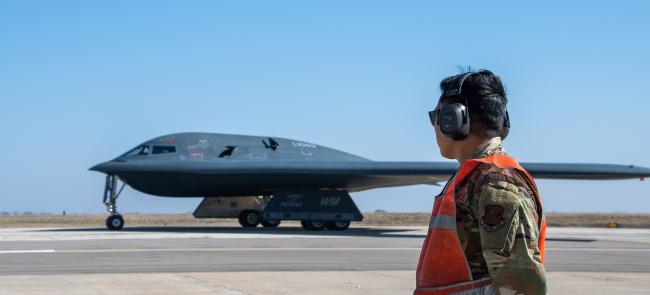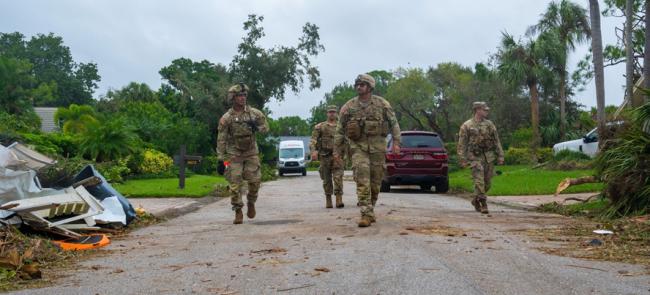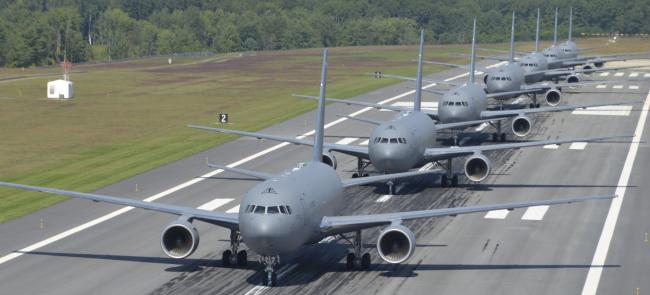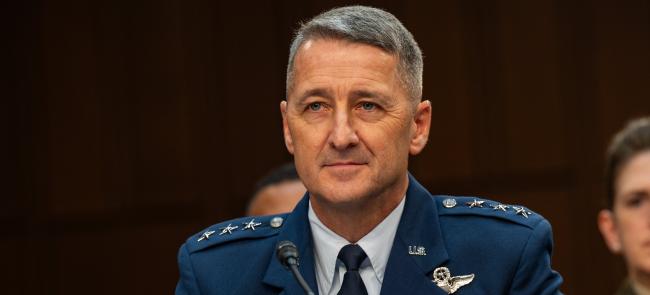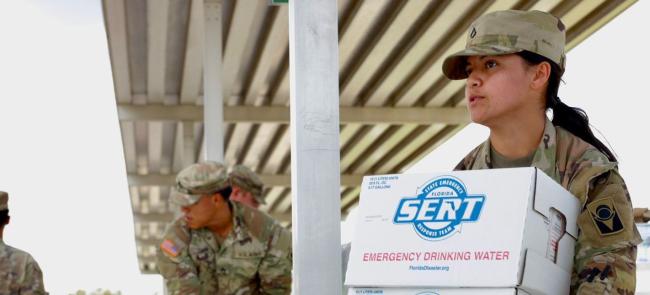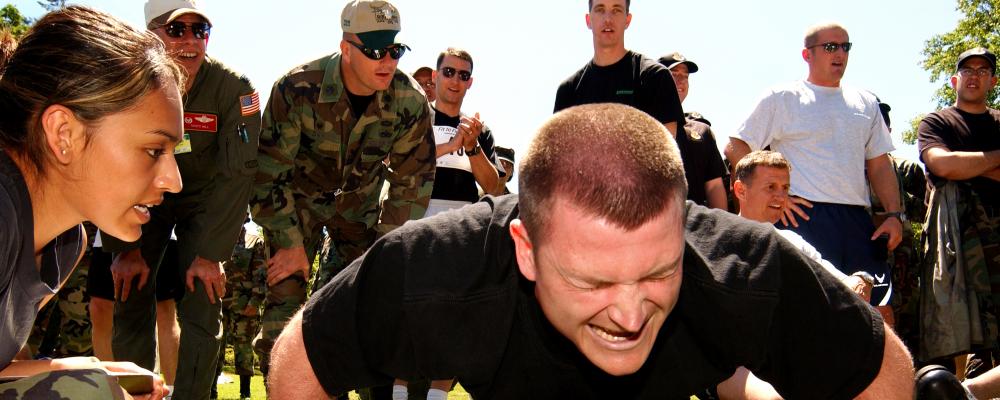
A new Air Force memo lays out new guidelines for how the service will apply Defense Department policy on the retention of nondeployable airmen.
The military has put a focus on reducing the number of nondeployable service members, with the Army releasing similar guidance last year.
Air Force leaders outlined the requirements for airmen in the Feb. 19 document, which states that any airman who has been nondeployable for more than 12 consecutive months will be administratively separated unless evaluated for retention through referral to the Disability Evaluation System.
“Being ready to go is in our DNA,” said Lt. Gen. Brian Kelly, the Air Force deputy chief of staff for manpower, personnel and services. “It comes from our expeditionary roots as airmen.”
But that readiness will be different things to different airmen, officials said. For some, being fit for duty means deploying to an austere environment at a moment’s notice; for others, it means being fit to execute wartime missions from home station.
Ultimately, service leaders said commanders are responsible for ensuring their airmen are fit for duty.
“As a member of the profession of arms, all airmen must be ready to execute their wartime missions,” said Shon Manasco, the assistant secretary of the Air Force for manpower and reserve affairs. “Retaining airmen who meet our standards to deploy is a top priority.”
The requirements apply to airmen across the Air Force — active, Guard and Reserve. To be considered wartime mission-capable airmen must:
• Meet individual medical readiness standards, to include all medical, dental and physical components;
• Be able to execute the wartime mission requirements of their respective career fields, to include technical, educational and physical proficiency;
• Be current in the fitness assessment test; and
• Be a satisfactory participant in Air Guard and Air Force duties, as applicable.
“We expect all airmen to exercise personal accountability for their deployable status and to take the necessary steps to maintain their readiness,” said the memo, signed by the Air Force Secretary, chief of staff and chief master sergeant. “Commanders will ensure airmen understand what is required and ensure the necessary resources are available to achieve our goal of a 95 percent or higher deployable rate within their units.”
The Air Force also outlined several exemptions from the policy for airmen who are pregnant or postpartum, in training or transient status, deployable with limitations or are filling certain positions identified by the defense secretary.
Other exemptions are available for adoption, humanitarian assignment, legal action, sole survivor/surviving family member/deferred from hostile force zone, conscientious objector, absent without leave, or pending administrative separation.

